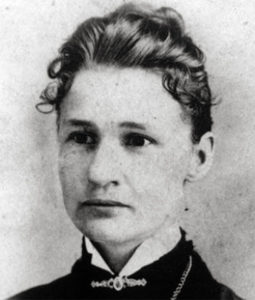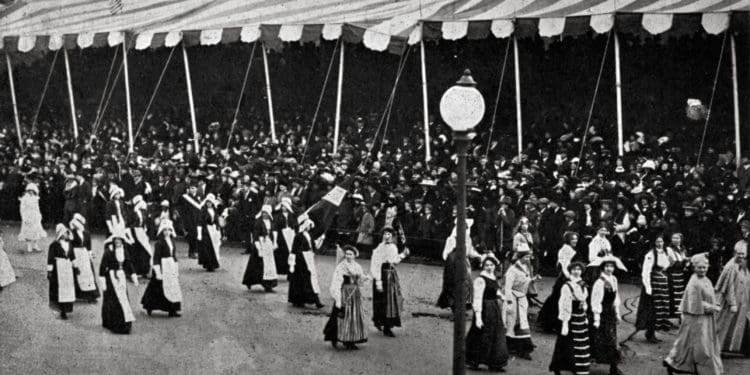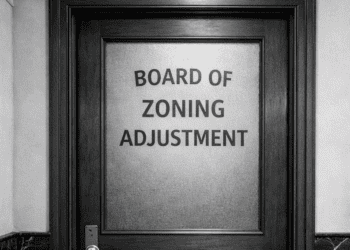On April 4, 1887, a woman was elected mayor of a city for the very first time and under the strangest of circumstances. Until the polls opened on election day, she had no idea she was even on the ballot.

The city was Argonia, Kansas and her name was Susanna M. Salter. She was 27 years old. Women earned the right to vote in Kansas municipal elections just weeks before, and women’s suffrage generally would not be realized in the U.S. for another 32 years. The job of Argonia mayor paid an annual salary of just $1.00 (about $25 in today’s money). Critics panned her tenure as “petticoat rule.”
Born in Ohio in 1860, Susanna and her family moved to Kansas in 1872. By the early 1880s, she was married and an officer in the local Women’s Christian Temperance Union. The WCTU later played a major role in the passing of two Constitutional Amendments, the 18th (Prohibition of alcohol) and the 19th (women’s right to vote). Still in existence, its headquarters resides in Evanston, Illinois. This summer in Michigan it will hold its 148th national convention.
Argonia in 1887 was a tiny, sleepy Kansas town. Even today, its population is only 471. But 134 years ago, Susanna M. Salter raised quite a fuss and put the town on the map. Her home there is a registered national landmark today.
A group of men in town didn’t care for the idea of women in politics. As a prank, they arranged for Salter’s name to appear on the ballot as a candidate of the Prohibition Party for mayor. Oddly enough, back then the names on the ballot were not published until election day itself. The pranksters assumed Salter would lose in a landslide, thereby discouraging women from running for political office.
Historian Patricia Grimshaw writes:
Salter did not find out about the supposed joke until day of election, when the local Republican Party chairman sent a group of representatives to her house, where she was doing laundry, to see if she was actually running for office.
She was asked if she would serve as mayor if successfully elected, to which she replied “yes.” Perhaps buoyed by her enthusiasm, or simply not pleased with someone trying to de-legitimize the election process, the Republicans agreed to vote for Salter.
The local WCTU put the word out that April 4 morning that it too was endorsing Salter. She won with more than 60 percent of the vote.
The national press picked up the story and Salter quickly became a celebrity. She was certainly the first elected mayor of a city in America, but some claimed she was the first woman mayor in the world (I believe the more grandiose claim is probably true but am unable to confirm it). Technically, one Nancy Smith was elected mayor of Oskaloosa, Iowa in 1862 but she is usually left out of the picture because she declined to be sworn in.
When The New York Sun sent a reporter to Argonia to cover a city council meeting, Susanna’s fame only increased. She was apparently a very competent parliamentarian known for short meetings and tolerating no nonsense. (We could surely use more of her like today, though without the Prohibition stuff.)
Salter served one term and earned widespread respect for the job she did. Though largely forgotten today outside of Kansas, she undoubtedly helped women break the political glass ceiling. She died in 1961 at the ripe old age of 101.
Margaret Thatcher once said, “I don’t think there will be a woman Prime Minister in my lifetime.” My guess is that in 1887, lots of people in Argonia, Kansas thought there wouldn’t be a woman mayor in their lifetimes. One thing history teaches us is that in the blink of an eye, it changes.










What Missouri can learn from Kansas’s budget crisis